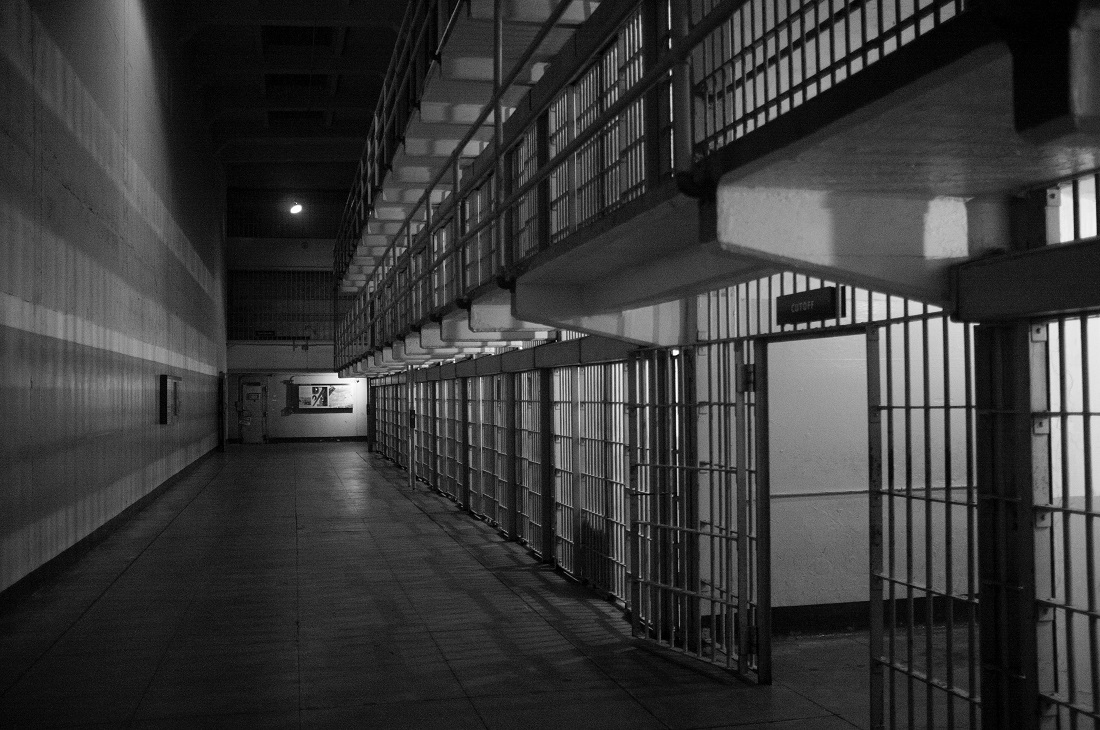Immigration Detainees Granted Right to Challenge Detention
A recent judgement released by Canada’s Supreme Court means significant strides for detained migrants. The ruling offers more appeal options for those who face extended detention times for breaching immigration law.
Under habeas corpus – a recourse in law allowing an individual to report unlawful detention – detained migrants are now given the opportunity to challenge the legality of their incarceration and determine the lawfulness of immigration detention regarding their case.
While most detainees (who are typically in maximum security prisons) do have access to a federal detention review system that analyzes the requirement of incarceration case-by-case, according to the court, the system is less beneficial as it does a poor good job in addressing concerns regarding the conditions and duration of the detention.
Furthermore, in a 6-1 decision in favour of immigration detainees’ rights to provincial courts, the Supreme Court of Canada concluded that applications must be heard regardless of what alternative remedies may or may not be available to the detainee. They stated that a superior court does not have the authority to decline jurisdiction to review these applications.
The judgement clarifies that immigrant detainees must be privy to habeas corpus and must be able to raise their concerns before the provincial court.
Efrat Arbel – expert in refugee, prison, and constitutional law and a University of British Columbia law professor labelled this judgement as “extraordinary” and praised the Supreme Court for their recognition of immigration detainees’ rights.
Arbel goes on to state that “in certain terms, the court is saying these detainees can benefit from habeas and there is a way out for them. The availability of the remedy puts immigration detainees on equal footing as other individuals. This is a significant step forward for the rights of the detainees to be respected and upheld.”
The Catalyst
Pakistani immigration detainee Tusif Ur Rehman Chhina arrived in Canada in 2006 seeking asylum. Six years later he would be stripped of his refugee status due to his involvement in criminal activity and lack of competent representation to build his case.
Thirty months in jail would go by while border officials attempted (and failed) three separate times to gather his travel documents from Pakistan in an effort to deport him.
This shouldn’t happen to refugees or asylum seekers. That’s why the high court has been making strides to ensure a new process is followed to prevent these saturations from occurring in the future.
Four years later, in 2016, Chhina raised his concerns about his lengthy incarceration and declared to the Alberta provincial government that his conditions and duration in detention were unlawful. After a judge reviews his claim, it was rejected due to the judge ruling that the matter did not fall under the provincial court’s jurisdiction.
Chhina’s lawyer, Nico Breed took on the case, appealed to the Alberta court, and won shortly after. By September 2017, Chhina was deported back to Pakistan. But the appeal proceeded to the Supreme Court by the Public Safety Minister and Attorney General of Canada.
Government lawyers explained that immigration detainees must be given the opportunity to make their claims followed by independent reviews that would either grant their release or justify their continued detention sentence.
Any exceptions to habeas corpus will need to be evaluated with care and an exceptional amount of detail to ensure no human rights violations occur.
On behalf of five concurring colleagues, Justice Andromache Karakatsanis states “it is necessary to ask upon what basis the legality of the detention is being challenged, and whether there is a complete, comprehensive and expert scheme that is as broad and advantageous as habeas corpus in relation to the specific grounds in the application. However, [tribunal detention] proceedings do not provide for review as broad and advantageous as habeas corpus with respect to the specific basis upon which [Chhina] has challenged the legality of his detention — that is, the length, uncertain duration and conditions of his detention.”
The one opposing member, Justice Rosalie Abella argued against habeas corpus. “I see no reason to disturb the court’s jurisprudence by opening an alternative route, one that will lead to the forum shopping, inconsistent decision making, and multiplicity of proceedings,” she wrote. She justified her sentiments by explaining that in relation to immigration law, nothing in the language precludes adjudicators from reviewing these cases and evaluating factors that could determine the legality of the detention system.
While some may not see the relevance in this decision, it’s making a positive impact. This judgement is a step in the right direction towards the abolition of the immigration detention system – a massive victory for civil and human rights in Canada.
Share this article
Arghavan Gerami
Arghavan Gerami is the Founder and Senior Counsel at Gerami Law Professional Corporation ('PC'), a full-service immigration law firm in Ottawa, Ontario. Since 2011, Ms. Gerami has focused her practice on immigration and refugee litigation. Prior to that, Ms. Gerami worked at the Ministry of Attorney General and the Department of Justice and had the privilege of serving the Honourable Mr. Justice M. Evans at the Federal Court of Appeal on immigration and administrative law appeals. Ms. Gerami contributes to the Immigration Law Section of the Canadian Bar Association, the Canadian Association of Refugee Lawyers, and the United Nations High Commissioner for Refugees. Ms. Gerami has also published numerous journal articles and presented at various immigration and refugee law conferences and events across Canada.

